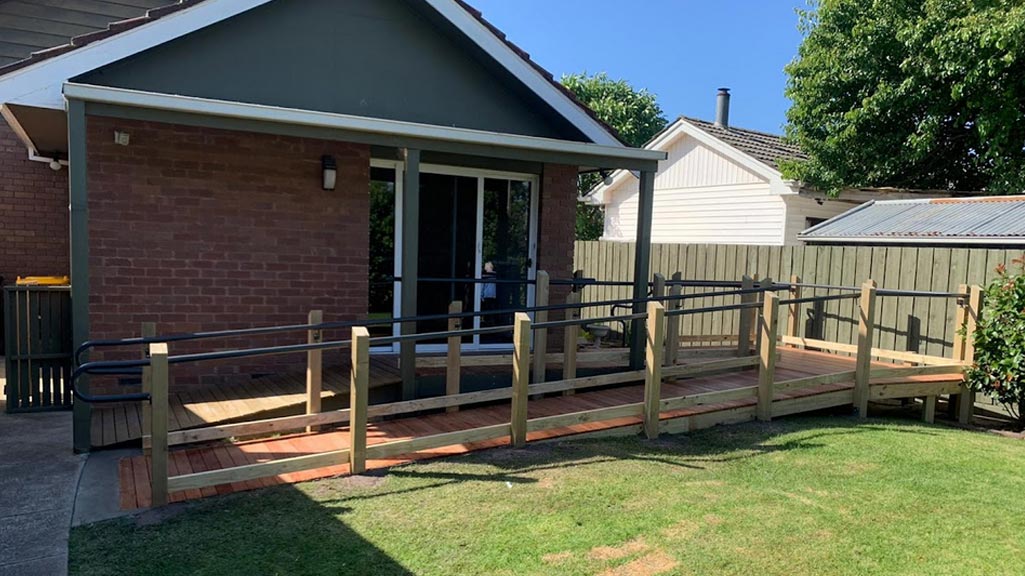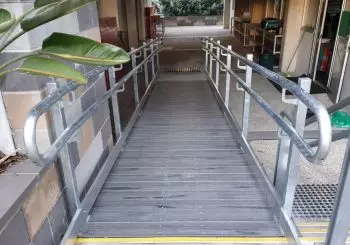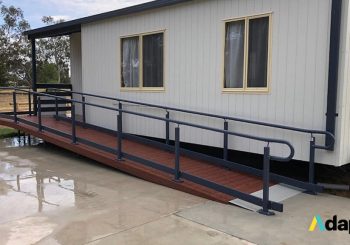People living with disabilities and the elderly may encounter several challenges in their day-to-day lives. For others, this means limited mobility while for some, it can include increased difficulty in performing tasks that can range from personal care to professional work. This should not be the case, however, especially with the advancement of technology and the many adaptive solutions available these days.
If you or your loved one are faced with challenges in performing daily tasks or interacting with the community, here are some of the best ways to address these issues. These innovative solutions provide holistic care and support to people with disabilities and the elderly, allowing them to live enriched lives with independence and convenience.
Apply for an NDIS fund
Eligible Australians aged 65 and below are supported by the government under the National Disability Insurance Scheme (NDIS) fund, with allocations on Core Support for daily needs, Capacity Building for skills towards independence, and Capital Support for assistive technology and home modifications. To learn more about the available support under the NDIS and if you are eligible for the fund as well as the best way to manage it, visit this link.
For residents over the age of 65, the Australia Aged Care services are available.
Invest in intuitive modern ramp solutions
Moving around can be straightforward, but this is often taken for granted. However, for people with disabilities and the elderly, a space not designed with inclusivity in mind can pose potential risks such as slipping, falling, or not even being able to enter the premises at all.
As solutions for these challenges, there are ready-to-install access solutions such as Adapta Ramps. These ramps include
- Wheelchair ramps for the elderly and handicapped
- Elevated walkways
- School and hospital access
- Temporary building or construction access
- Delivery access
- Directional thoroughfare
You can either customise these ramps depending on your preferences or modular ramps that you can rearrange as needed. Adapta provides end-to-end solutions from ramp co-creation, and installation, to life-cycle support and maintenance, with an extended warranty.
As business owners, these ramps also enable full compliance with AU regulations on disability requirements including custom specifications, materials, fabrication, and more.
Install handrails
Another overlooked feature in public spaces is handrails that provide people with disabilities and the elderly with various benefits including added safety, prevention of injuries, something to hold on to as they navigate the stairs or ramp, as well as further support should one slip or lose their balance.
To provide the best experience for people with disabilities and the elderly, however, certain specifications are required when it comes to handrails. These versatile rails enhance the inclusivity in your space while also ensuring compliance with national regulations such as Australian Standards for Design Access and Mobility AS1428, the Disability Discrimination Act (DDA), and the Building Code of Australia (BCA).
From moving around one’s home and performing tasks independently to being active members and contributors to society, there are now various adaptive and innovative solutions that can be implemented. With this solution-driven approach, a safe and inclusive society can equitably be enjoyed by everyone — including people with disabilities, the elderly, and their loved ones.
For over 20 years, Adapta has been helping create safe and inclusive environments for Australians. To learn more about how we can help you do the same, contact Adapta today.
These ramps can also include prefabricated rail kits that are easy to install, following all Australian standards and compliance regulations including custom specifications, materials, fabrication, and installation. When it comes to design and aesthetics, modular ramps are available in different colours and materials, allowing seamless integration with new or existing buildings. Along with modular ramps, supplementary features that can also be added to enhance safety and accessibility are outdoor railings and handrails.
By considering the needs of individuals with disabilities and exploring options such as stairlifts, wheelchair platform lifts, elevators, and modular ramps, staircases can be made accessible for everyone. Incorporating safety measures such as handrails, emergency buttons, and audio/visual signals further enhances these accessible spaces, ensuring a secure and comfortable experience.
Working with trusted manufacturers experienced in creating accessible spaces, such as Adapta with over 20 years of expertise, can provide customised and innovative solutions for both domestic and commercial clients. To learn more about how Adapta can help you, send us an email today.



